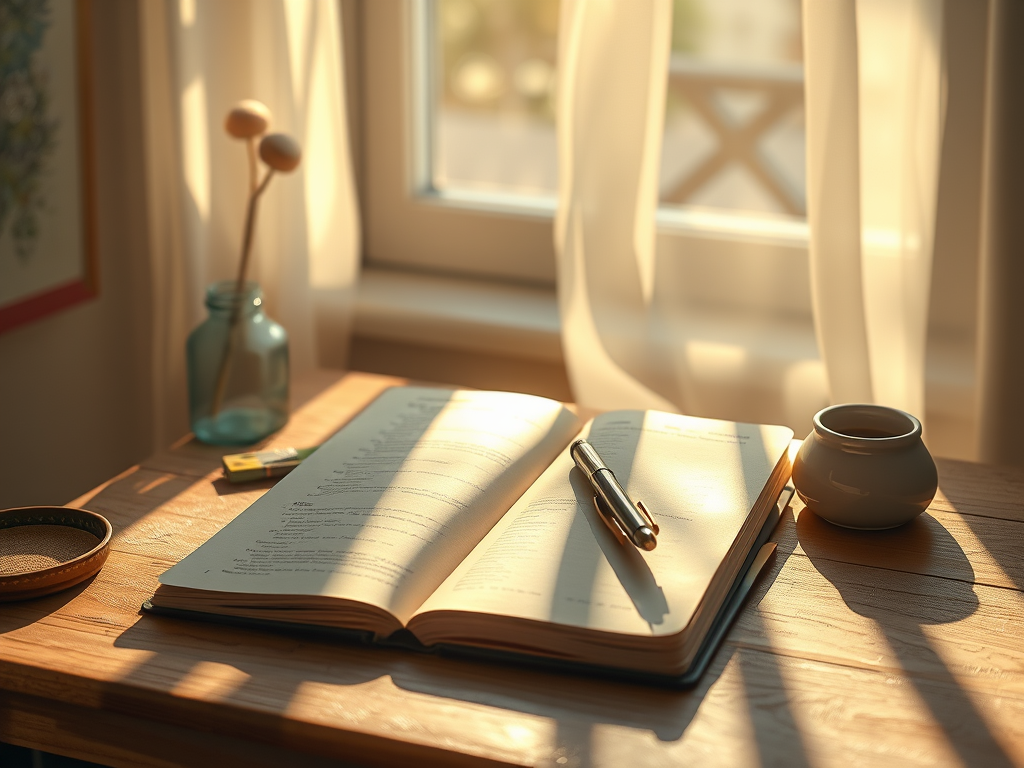Evolving with AI: A Creative’s Reflection
A friend of mine—also a creative—sent me a video the other day. It was about using AI to create films, and he asked me what I thought about it. At first, I laughed a little. Then I thought: actually, this is something I’ve been thinking about for a while.
As a filmmaker, writer, director, or producer, you now have to ask yourself. How can anyone who works in storytelling adapt to using AI? How can I adapt to using AI? How can I use it to improve my creative process, rather than fearing it?
We’ve Been Using AI All Along (Kind of)
The truth is, in some ways, the film industry has been using AI for years. Maybe not the generative kind that’s blowing up now. However, tools like special effects, CGI, and animation are powered by forms of artificial intelligence. Computers have been helping us make things look lifelike and magical for a long time.
What’s different now is how accessible generative AI is. It can directly support the creative process, helping from writing to world-building. I hope that I don’t have to explain ‘world-building’. But to be clear, I mean like gaming.
So How Can We Use It, Really?
Let’s say you’re making a film. You can now create backdrops using AI. You can shoot scenes at home or against a green screen and drop in fully rendered environments later. That alone saves time and money, and honestly, makes creativity more accessible.
I am a writer. I understand the process of locking yourself away somewhere. You might prefer writing in a noisy café if that’s your thing. But sometimes the pressure to produce quickly—especially with deadlines, funding calls, or pitch decks—can be overwhelming.
That’s where AI can come in.
AI Isn’t Replacing You—It’s Supporting You
Honestly, when you’ve got a pitch due tomorrow, you might be stuck staring at a blinking typing cursor. AI tools can help you get started. They’re not writing for you—they’re helping you shape your thoughts.
You still have the idea – the spark. But sometimes, you need a bit of help turning that spark into a fire. And that’s when it can be really helpful and beneficial in helping you complete that idea.
I was listening to a podcast with two comedians the other day. One of them asked the producer to use generative AI. They wanted the AI to create a joke in the style of both comedians. That is to say, capture their tone, their style and even punchline delivery. The producer gave the AI topics to work from. Topics that they had discussed in previous episodes. To cut the long story short, let’s just say that it didn’t quite ‘deliver’. The jokes did not make any sense and it was as if you were waiting for the punchline. Which of course didn’t happen in case you are wondering.
If you are a creative person struggling to start a project, this can be helpful. It could be a project you have been thinking about for years or just a few months. This can be a great way to get started. And you do not have to be a creative person either. You could be someone wanting to start a business of some sort. You might want to create a business plan, a budget, and an executive summary. Whatever it is, you have the chance to make it happen.
Personally, I’ve used AI to help build on thoughts I’ve already had. For example, I’ll ask it to generate questions. This helps me expand on an idea. I also use it to help structure an outline for a script or blog post. After structuring, I record it using my voice notes. Then I’ll take the transcript and edit that like I am doing now. If you must know, I actually don’t feel bad about it anymore.
There’s No Shame in Using the Tools That Help You
At first, I was hesitant to admit it. I thought it made me less of a “real” creative. But now I realise: AI checks my grammar. It helps me get unstuck. It gives me a place to bounce ideas around. I also feel great when it tells me how well I am doing, which I really appreciate.
That’s what creativity is, isn’t it?
AI is just the next tool in the toolbox. It is similar to the internet when it first arrived. It’s also like the machines in the industrial revolution. Change always feels disruptive, but eventually, we find a way to make it work for us for the better.
Adapting Is the Real Skill
We’re not here to resist every change. We’re here to adapt, to evolve, and to work smarter, not just harder.
If you’re a creative person wondering whether it’s okay to use AI in your process, here’s your permission slip. Yes, it’s okay. Use it how you want to. Don’t beat yourself up. Don’t be afraid to experiment. Don’t be ashamed of the help.
Just like any other tool, it’s not about whether you use it—it’s about how.
Final Thought
Those are my thoughts for this week. I hope they help you in some way. Whether you’re using AI, avoiding it completely, or somewhere in between, I hope you give yourself permission to explore without judgement.


